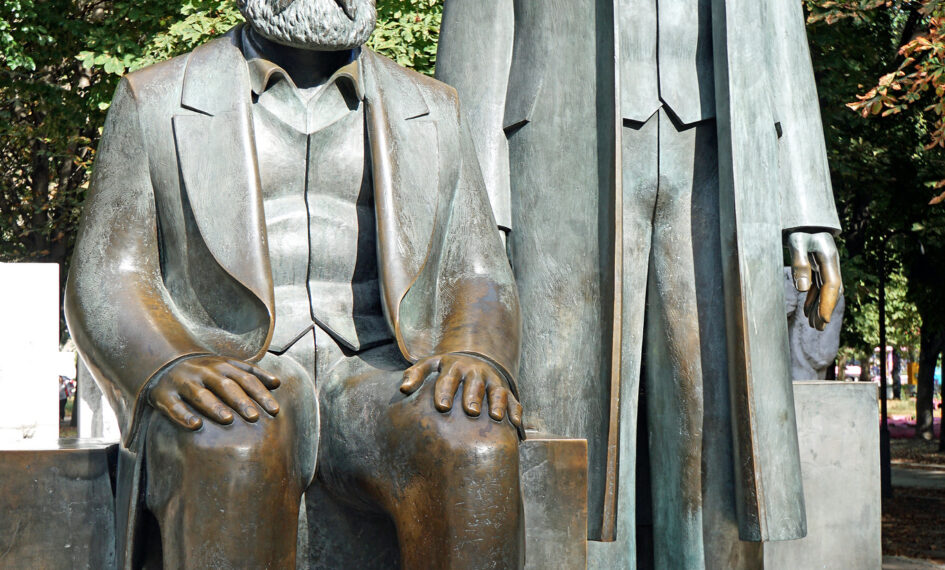Definition of Dialectic: Dialectic is a method of argument or reasoning that involves a dialogue between two or more people who may hold differing views, yet wish to establish the truth through reasoned argumentation. This form of dialogue is typically intended to resolve a disagreement through logical discussion, and it often seeks to uncover underlying assumptions or contradictions in a given argument or viewpoint. In philosophy, especially as developed by Plato, dialectic is a form of reasoning used to arrive at the truth or to understand concepts more fully.
Etymology and Origin: The term “dialectic” originates from the Greek word “διαλεκτική” (dialektikē), which itself comes from “διάλεκτος” (dialectos), meaning “discourse” or “conversation.” The root “διά” (dia) means “through” or “across,” and “λέγω” (legō) means “to speak” or “to argue.”
- Greek Roots: In ancient Greek philosophy, particularly in the works of Plato and Aristotle, dialectic was used as a method of philosophical inquiry, where truth was sought through discussion and logical reasoning.
- Development in Philosophy: The concept of dialectic evolved over time, becoming central to the philosophies of later thinkers like Hegel and Marx, who used it to describe a process of synthesis where conflict between ideas (thesis and antithesis) leads to a higher level of understanding (synthesis).
Thus, “dialectic” has maintained its essential meaning from its Greek origins as a form of intellectual discourse aimed at uncovering truth or resolving contradictions through reasoned argument.





 Consider supporting the author with just $1 —a small gesture for you, but a significant boost for ongoing explorations and maintaining this space. Every dollar helps cover hosting, domain, and service fees.
Consider supporting the author with just $1 —a small gesture for you, but a significant boost for ongoing explorations and maintaining this space. Every dollar helps cover hosting, domain, and service fees.